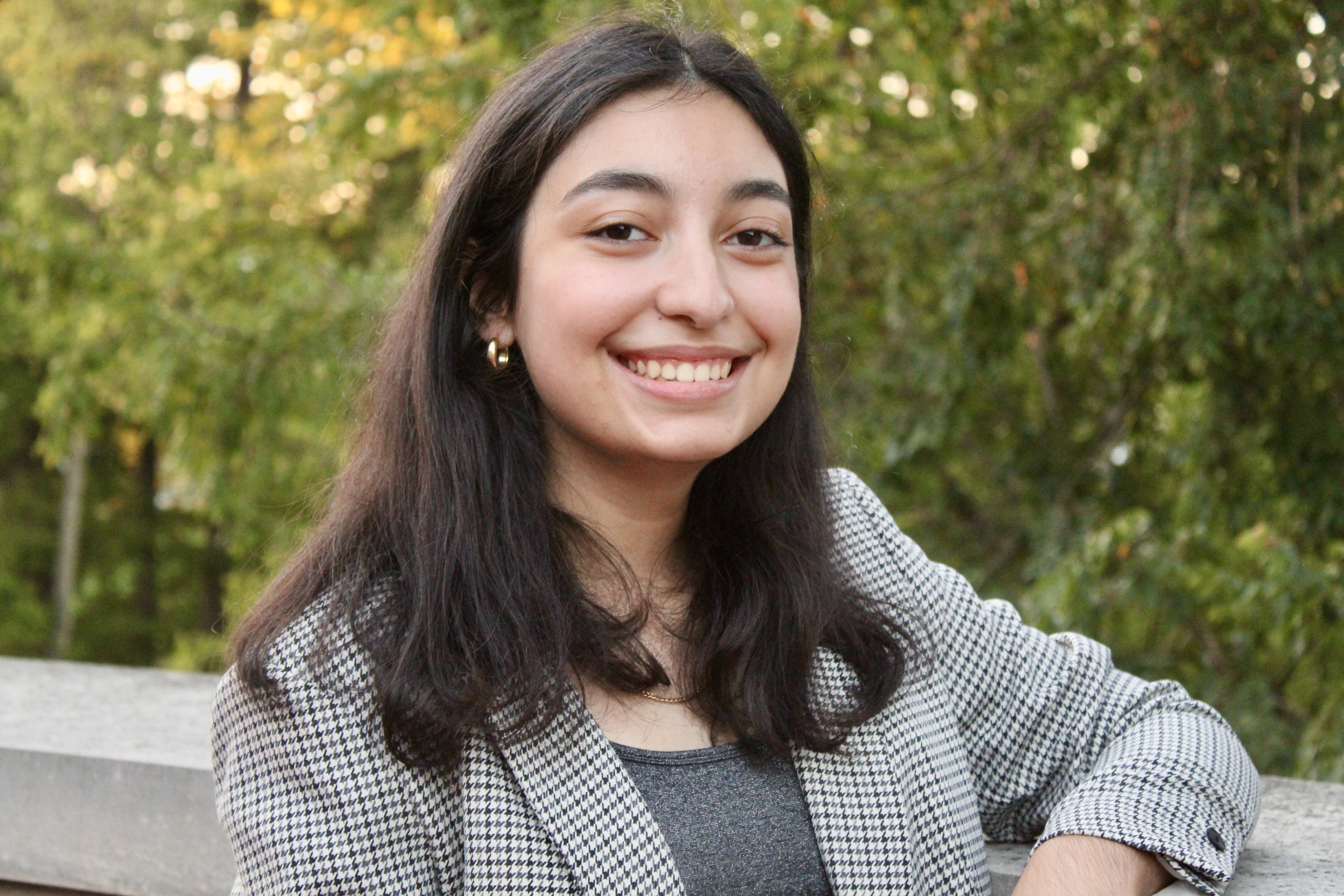Big data. Artificial intelligence. Machine learning. These are some of the biggest buzzwords in the technology and business world. However, as someone majoring in neuroscience, I had no idea what those words meant. I knew they were important, but I didn’t really know why. Besides, I was a life science major. How could I even understand that stuff?
The Hutton Honors College offers a variety of seminars focusing on politics and communication, otherwise known as HON-H 238. Social Impacts of Big Data was one of those courses for the Fall 2021 semester. I’m in this class right now, taught by Dr. Younei Soe, a lecturer in the Luddy School’s Department of Information and Library Sciences (ILS). Thanks to her guidance, our class has not only learned what Big data and artificial intelligence (AI) are, but discovered how important they can be when applied to virtually every field possible. The class has been so impactful that I had to tell you all about it.
Big data are large data sets that have come about in the Information Age. For example, think of all the data Instagram collects when you like certain posts, and multiply that by the number of Instagram users. All of that data is stored in a database used by Instagram (and third-party advertisers) to maximize their content, and thus their profits. Artificial intelligence is born from these kinds of big data sets, as data is used to create algorithms and programs that can make predictions and figure out what will happen in the future in terms of sales, Covid-19 infections, or potential crime hotspots. This process is called machine learning, and it makes AI.
It’s obvious that Big data and AI can be applied to many fields, including medicine, business, law, and politics, and thanks to this new Hutton course, any Hutton undergrad can learn all about it. But the story of this course and the way it can advance students’ careers are perhaps even more interesting.
“I want[ed] to do something that [could] relate to everyday life. It was the early 2000s, and everyone was talking about the Internet.”
This is how Dr. Soe’s career in informatics started. After receiving a Bachelor’s degree and a Master’s degree in English literature and linguistics, Dr. Soe knew that she wanted her career to go in a different direction. After completing a second Master’s degree in Communication, Culture, and Technology from Georgetown University, Younei (as her students call her) came to Indiana University to do a PhD in communications.
“My PhD program asked me to do a minor in social informatics,” said Soe. The rest is history.
While Younei teaches graduate courses in the ILS department, something rather random inspired her to create her section of HON-H 238.
“One day I saw an email from the Dean of the Honors College asking faculty members to teach for the honors college. I thought of modifying my graduate course [Social and Ethical Impacts of Big Data] so it could serve undergraduates.”
Students in this section of HON-H 238 have the opportunity to learn from the real world. Through biweekly readings of articles from academic journals and news sources like Financial Times and the Wall Street Journal, students formulate two questions or comments from the readings and submit them. The next day in class, these questions and comments are integrated into the day’s lecture and discussion section, which revolve around improving the student’s understanding in the topics students care about the most.
“Comments [give] me a good sense of what students [are] thinking so I [can] better prepare my teaching,” said Soe when asked about her teaching style.
But not only does this class aid students in their understanding of Big data and AI, but also in their resume building.
“We are writing two essays [in class], the critical essay and the opinion article. If I see some students who want to try submitting their op-ed [opinion article] to any newspapers, I would like to help them revise and finalize them… In previous years, I’ve done this several times,” said Soe on her involvement in student publications.
This class has served me and my peers in a way I didn’t think possible. We’ve learned about some of the latest cutting-edge technology in every industry, which will boost our skills wherever we go. We have the chance to publish our work with the support of a passionate faculty member. We’ve gained valuable knowledge and support, and the best part is? I finally know what those buzzwords mean.
Learning what the buzzwords mean: Big data and AI in the Hutton Honors College
By: Raya Haghverdi
Sunday, October 10, 2021


